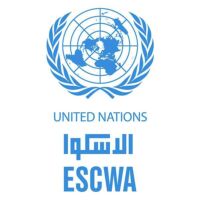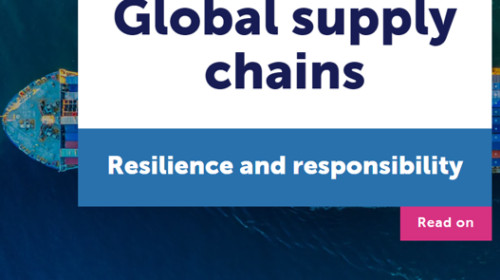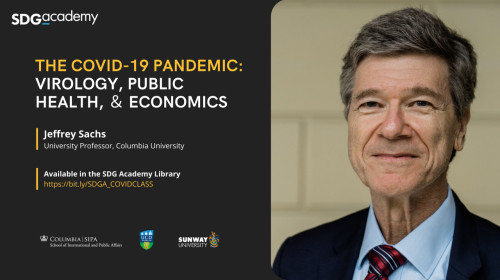Issued biennually, the Compendium of Social Statistics provides a general view of Arab societies and the changes they encounter over time. This issue features data on population, households, housing conditions, employment, education, poverty, health and culture for the period 2014-2015, provided mainly from national statistical offices and supplemented by publicly accessible data from international agencies, such as the International Labour Organization, the World Health Organization, the Office of the United Nations High Commissioner for Refugees, the United Nations Educational, Scientific and Cultural Organization, and the World Bank. It focuses on the theme of households and families.
The Compendium is intended not only as a reference for policymakers and other officials, but also as a snapshot of trends in the region for readers with an interest in the social climate of the Arab region, including academics, students, journalists and the public. In addition to the indicators presented in the publication, a more exhaustive set of tables can be found on the ESCWA website.








